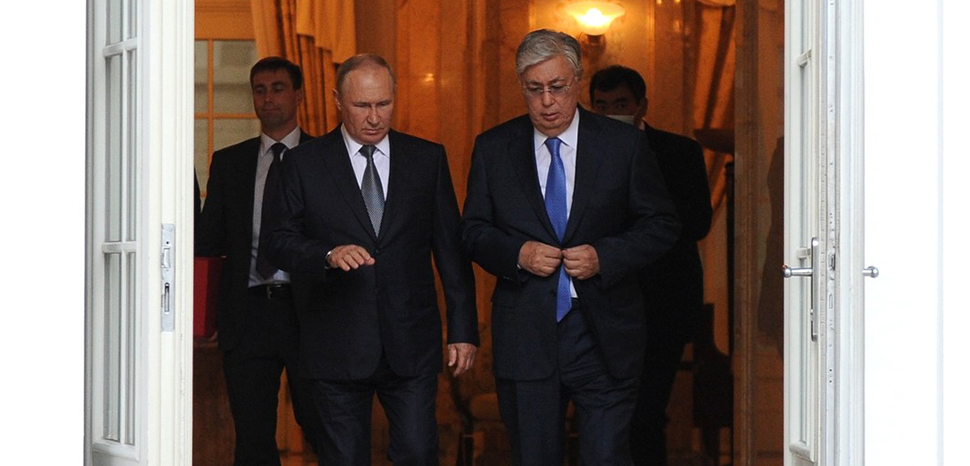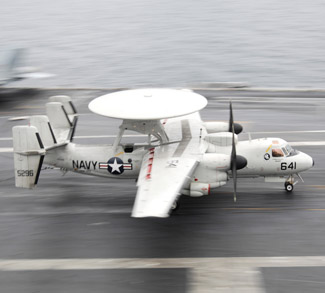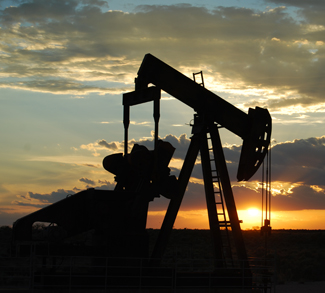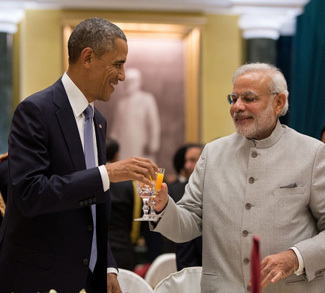Amidst the revolutions of 1848 that swept throughout Europe, the once mighty Austrian Empire was obliged to invite in Czarist Russia to quell the uprisings. It was considered a personal humiliation for the Habsburgs that they required external assistance within their own lands; and the Austrian prime minister at the time, Prince Felix Schwarzenberg, went so far as to declare that “Austria will astound the world with the magnitude of her ingratitude.” The world, or at least Russia, was indeed astonished when Vienna sat on the sidelines of the Crimean War, where Russia was defeated by a coalition of France, Great Britain, and the Ottoman Empire.
In January 2022 in Kazakhstan, just prior to Putin’s February invasion of Ukraine, Kazakh President Kassym-Jomart Tokayev appealed directly to Putin, who sent Russian troops south to help put down civic protests that were sparked by an increase in the price of gasoline.
Many saw Tokayev’s reliance on Russia as providing Putin with even greater leverage over this strategically-located country, which borders Russia, China, and the Caspian. Months later, on June 17, 2022, at the St. Petersburg International Economic Forum, President Tokayev, sitting next to President Putin, responded to a question that Kazakhstan would not recognize the independence of the newly created Luhansk and Donetsk National Republics. Kazakh diplomats highlight this encounter as evidence that, despite Tokayev’s appeal to Putin in January, the Kremlin enjoys no greater influence over Kazakhstan.
To get a better sense whether Kazakh President Tokayev is independent and astonishingly ungrateful or weak and reliant on Putin, it is worth reviewing a sampling of the eleven face-to-face meetings between Russian President Putin and President Tokayev in 2022 alone. What type of relationship does Putin exert over Tokayev, despite Russia’s invasion of Ukraine?
On February 10-11 in Moscow, days prior to Putin’s invasion of Ukraine, Tokayev and Putin met in the Kremlin to discuss bilateral cooperation and the regional agenda. On May 16, following weeks of Russian bombardment of Mariupol that led to thousands of civilian deaths, Tokayev met with Putin, as well as Belarus President Lukashenko, at the Moscow-led Collective Security Treaty Organization (CSTO) summit.
Regarding the St. Petersburg International Economic Forum, that event which Kazakhstan enjoys citing as an example of its own independence vis-à-vis Russia, Astana tends not to mention that, following EU and G7 sanctions, Tokayev, acting as if it was ‘business as usual,’ was the only world leader in attendance. Also absent from the briefing bullet points is that Kazakhstan did not stand alone in rejecting recognition; rather, only North Korea and Syria joined Russia in recognizing the independence of the statelets.
Furthermore, Tokayev could not entertain the possibility of recognition, as Putin had already demonstrated an interest in Kazakhstan’s north, which has a large ethnic Russian population, and has spoken in hauntingly similar terms of Kazakhstan to Ukraine, when in 2014, he said “the Kazakhs never had any statehood.”
Responding to unwelcome comments in Brussels by Kazakh envoys, Russia interrupted the flow of the Caspian Pipeline Consortium (CPC), which transits 80 percent of Kazakh oil to the Russian port of Novorossiysk. Tokayev flew to Sochi in August to address ruffled imperial feathers and admit the leverage Russia exercises over Kazakhstan’s export of oil.
This past September, Tokayev met with Putin, in addition to holding meetings with Chinese President Xi and Iranian President Raisi at the Shanghai Cooperation Organization (SCO) summit in Samarkand, Uzbekistan. As Moscow and Beijing seek an alternative to a Western-led order, it is the SCO that provides the greatest promise in the economic and political spheres.
While Peter the Great built St. Petersburg as a window to Europe to bring Russia out of serfdom and into the modern age, Tokayev met with Putin twice in October and December there, on the sidelines of the Commonwealth of Independent States (CIS) gatherings – an organization working to hold on to the territorial trappings of the Soviet Union. Putin gave Tokayev and others some holiday bling, an oversized gold ring, mocked as a ‘ring of power.’
In November, following the snap presidential election, Tokayev made his first stop and his twelfth visit since being appointed president by Nursultan Nazarbayev, to Moscow, where President Tokayev commended the strategic partnership between Kazakhstan and Russia, which, he said, is based on “strong ties of friendship and good neighborliness.”
To round out the year, Tokayev made a trip to Bishkek, Kyrgyz Republic for the Eurasian Economic Union (EAEU) summit, which ties Russia and Kazakhstan together in an economic and trade union, to discuss a tripartite gas union between Russia, Uzbekistan, and Kazakhstan, for Moscow to find alternative customers for Western-sanctioned Russian gas.
Historians mark the decline of the Austrian Empire from the dismissal of Prince Metternich, the skilled diplomat, from the Congress of Vienna. In like manner, Kazakhstan’s current economic decline can be marked by Tokayev arresting two-time former prime minister Karim Massimov and dismissing other competent technocrats like Kairat Kelimbetov and Kanat Bozumbayev, who had the confidence of foreign government officials, international business executives, and financial markets.
Austrian Prince Metternich was described as the ‘Coachman of Europe,’ providing direction for the continent. Regrettably, the reins that guide Kazakhstan’s future rest, to a large extent, in Putin’s hands.
David A. Merkel served as deputy assistant secretary for European and Eurasian affairs at the State Department, as director for South and Central Asia at the National Security Council, and as deputy assistant secretary of the Treasury.




